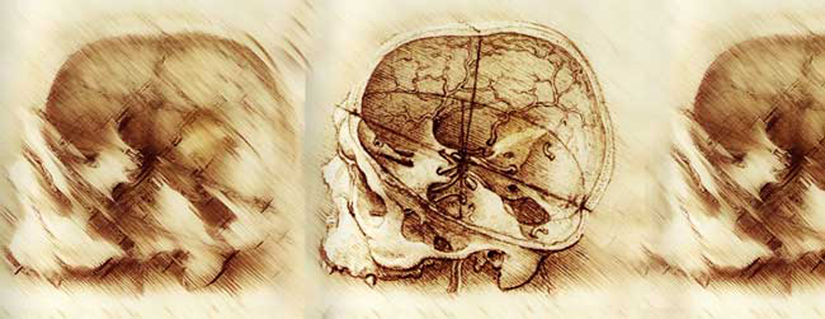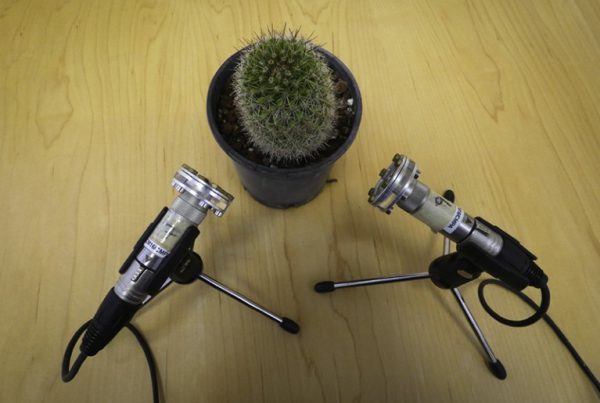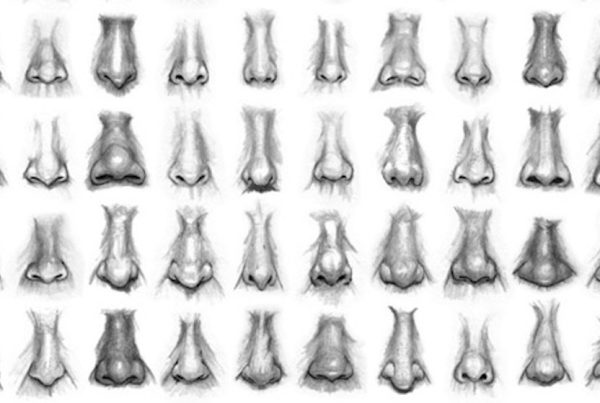PEOPLE TALK about changing character traits by changing habits. Habits change by changing daily behavior.
How does behavior change?
Yes, of course changes by choice and repeated practice. Repeated practice of managing the five senses. You would like to give up smoking, you need to manage and control your sense of smell and taste. If you have to lessen your sugar consumption, then you need to control the sense of taste. You would like lessen your obsession towards another person, you need to fine tune your kinesthetic senses. You would like to become a better thinker, a better artist, and a leader then you need to manage and tune all your five senses in a disciplined and a consistent manner.
In his classic book, How to Think like Leonardo Da Vinci, Michael Gelb talks about Artescienza — the art and science of improving the quality of our thinking. Gelb suggests we improve vision by studying art, landscapes and beautiful sights. He recommends listening to classical music, sounds of nature, inspiring speeches and creative stories to sharpen our sense of hearing and our minds. To improve our sense of taste, smell, and touch, he encourages activities that alternatingly soothe and stretch these senses, thus strengthening and sharpening them.
Stronger and sharper senses improve our ability to think and we become more aware and sensitive to other people and to our surroundings; therefore, improving our ability to better impact our worlds.
Here are five practices to enhance your sensory acuities, heighten your awareness and improve your ability to live in the moment;
• Start with a clean state of mind. If any recent visual, auditory, or kinesthetic experience is on your mind — perhaps an unappealing sight you have just witnessed, a toxic conversation still buzzing in the back of your mind, or the scent of pungent food — then consciously let go of the experience. Consciously make an effort to erase those experiences from your mind.
• Enhance visual acuity. Whenever you see an object, ponder a bit more on its shape, size, and color. Think of it as visually studying something in detail. You can also practice this when observing human facial expressions. Increasing visual acuity towards people’s expressions gives us insights into their emotional states.
• Enhance auditory acuity. Listen to music and distinguish the sounds of the different instruments involved. Make an effort to mentally dissect the high notes and the low notes of the piece. Do this when listening to another person. Listen for pitch, power, percussion, pauses, and the parlance. It will help you better discern messages they may not be actually verbalizing.
• Enhance your kinesthetic acuity. When for example, you carry a puppy; feel his weight, his fur, his paws, his bones, and all the features that make up a puppy. Feel his body temperature, the moisture or the coarseness of his fur. When with others, take note of their presence, skin-tone, scent, and how all this impacts your feelings and opinions about this person. You might have heard the statement, “there’s something fishy about him.” It doesn’t mean he smells like a fish. It means his presence, behavior, and communication gives you an uneasy, suspicious feeling.
• Integrate the data gathered from all sensory inputs when dealing with others. When talking to strangers, notice how their appearance and the quality of their voice make an impact on you. Observe, carefully and precisely, how this affects your emotions. Watch and feel your emotions objectively. Tally all the data from all these sources, study and sense them before making judgmental and hasty decisions about people.
Enhancing sensory acuity is, firstly, about becoming conscious of all the inputs and noting their impact on our three brains (head, heart, and guts), and secondly, about cognitively segregating the useful from the non-useful data. Sensory acuity can store up good knowledge and wisdom in the triune brain. High quality cognitive knowledge and empathetic wisdom will turn us into a better version of ourselves and a person of subtle influence and power.
Mind your senses, mind your behavior. Mind your behavior, mind your habits and mold a personality that you, yourself can look up to.
Raju Mandhyan author, coach and facilitator
Source: Mind your senses, mold your personality | BusinessWorld













